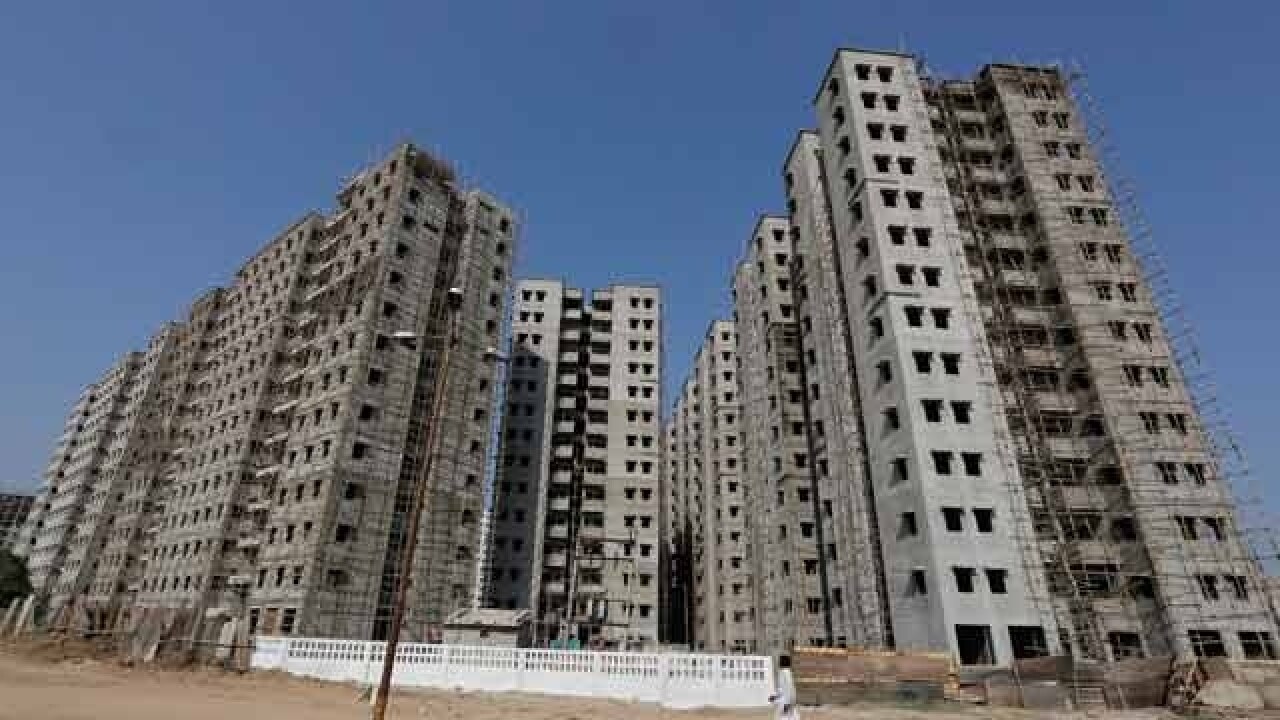
- Select a language for the TTS:
- UK English Female
- UK English Male
- US English Female
- US English Male
- Australian Female
- Australian Male
- Language selected: (auto detect) - EN
Play all audios:
The delay would be on account of the land in India, which is subject to state governments with legal and enforceable registration document between the seller and buyer which are guided by
state laws While the government has passed the bill, as land is a state subject it will have to be manoeuvred through the states that could take another 9-24 months before implementation,
according to a Kotak Institutional Equities report. Land in India is subject to state governments with legal and enforceable registration document between the seller and buyer which are
guided by state laws. Apart from this, the bill is expected to unsettle unorganised players and brokers. However, most organised developers stand to benefit. The report believes that DLF
will be the most to benefit from this as it follows most approvals and buyer-related disclosure practices since 2011. The Bill will now move to the president for his assent. While the bill
cleared by the center will act as a model code for states, it also allows the states to amend norms to suit local dynamics, said the report. Of them, Maharashtra has already a bill in place
(cleared in 2015) and could amend it, as early as the next assembly session (around nine months to implementation). Other important states (where most listed developers operate) like
Karnataka, Haryana, Tamil Nadu, Uttar Pradesh and West Bengal could take between 12-24 months. Elections in certain states could delay this. While the bill will eventually improve
transparency and discipline in the sector, but not before multiple unsettling issues are tackled in the first one-two years of implementation, the report said. Most large developers are
better capitalised (relatively) and can withstand the changes in the cash flow management proposed for projects. However, smaller developers will be affected which will curtail the supply in
the markets, according to the report. This could lead to speculative price increase. The bill looks to implement stringent conditions on developers, but delays on account of government
approvals and unexpected events will increase, developers’ paperwork to protect their interests, is another problem that the report says will arise. Construction laws in India are subject to
various departmental rules, urban development law is a conspicuous case in point. In the past too, several (and sometimes unrelated) issues have halted development of projects for
considerable periods of time, said the report.







